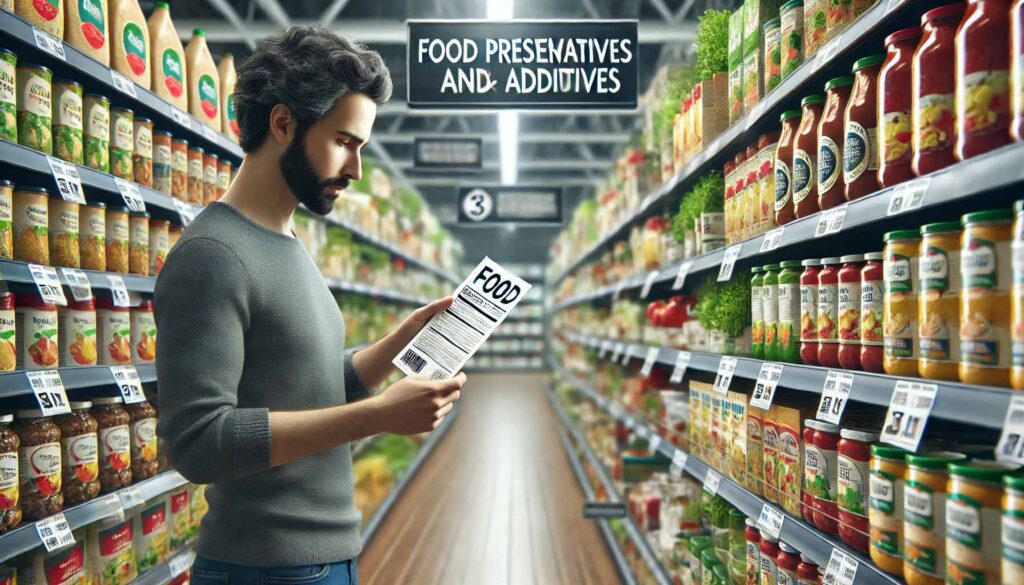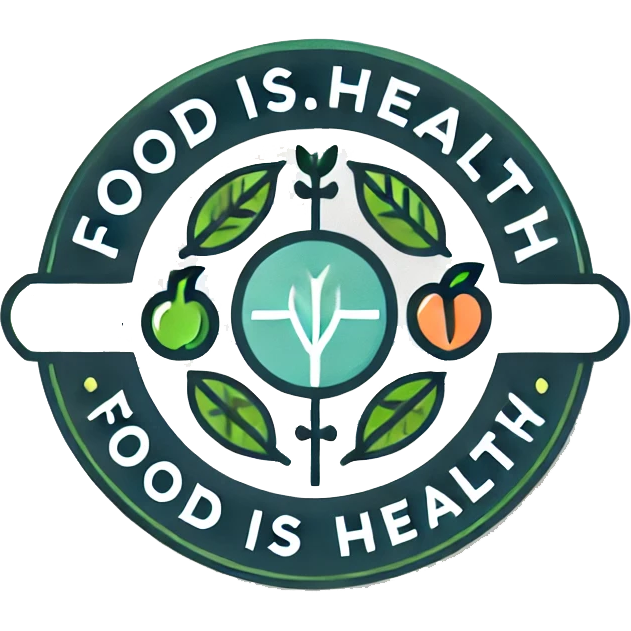Artificial food preservatives like BHA (butylated hydroxyanisole) and BHT (butylated hydroxytoluene) are common ingredients in many processed foods. They are used to keep food from spoiling, extending shelf life by preventing fats and oils from going rancid. However, there has been growing concern about the potential health risks associated with these chemicals. This article will explore what BHA and BHT are, their potential health risks, and how you can identify them on food labels.

What Are BHA and BHT?
BHA (butylated hydroxyanisole) and BHT (butylated hydroxytoluene) are synthetic antioxidants. Their main role in food is to preserve freshness by preventing oxidation, a process that causes fats and oils to spoil and produce off-flavors. These preservatives are found in a wide range of products, including cereals, snacks, gum, butter, meat products, and even some cosmetics and pharmaceuticals.
Potential Health Risks of BHA and BHT
Although BHA and BHT are approved by the U.S. Food and Drug Administration (FDA) and considered safe for consumption in small amounts, studies have raised concerns about their long-term health effects.
1. Cancer Risk: One of the most significant concerns with BHA and BHT is their potential link to cancer. Some animal studies have suggested that high doses of BHA could be carcinogenic, meaning it could cause cancer. Specifically, BHA has been linked to the development of tumors in the forestomach of rodents. Although the relevance of these findings to humans is still debated, they have raised red flags about the safety of consuming large amounts of BHA over time.
BHT has also been studied for its potential carcinogenic effects, but the evidence is less clear. Some studies suggest that BHT might act as a tumor promoter, which means it could help existing cancer cells grow more quickly, but more research is needed to confirm this.
2. Hormone Disruption: BHA and BHT may act as endocrine disruptors, meaning they could interfere with hormone function in the body. Hormones are crucial for regulating many processes in the body, including growth, metabolism, and reproduction. Disrupting hormone function could potentially lead to a variety of health problems, such as developmental issues, fertility problems, and an increased risk of hormone-related cancers like breast and prostate cancer.
3. Allergic Reactions and Sensitivity: Some people may be sensitive to BHA and BHT, experiencing allergic reactions or other adverse effects. Symptoms might include skin rashes, hives, and breathing difficulties. Additionally, these preservatives may exacerbate existing conditions like asthma or hyperactivity in children. If you suspect you might be sensitive to these additives, it’s important to monitor your symptoms and consult with a healthcare provider.
4. Liver and Kidney Damage: There is some evidence that BHA and BHT could be harmful to the liver and kidneys over time, particularly when consumed in large quantities. These organs are responsible for processing and eliminating toxins from the body, and prolonged exposure to harmful chemicals can potentially lead to liver or kidney damage.
How to Identify BHA and BHT on Food Labels
Given the potential health risks associated with BHA and BHT, you may want to limit your intake of these preservatives. The first step in doing so is learning how to identify them on food labels.
1. Check the Ingredient List: BHA and BHT are usually listed by their full names, “butylated hydroxyanisole” and “butylated hydroxytoluene,” or by their abbreviations, BHA and BHT. Look for these terms near the end of the ingredient list, as preservatives are often added in small quantities.
2. Look for Common Foods Containing BHA and BHT: These preservatives are commonly found in processed foods like:
- Breakfast cereals
- Chewing gum
- Snack foods (like chips and crackers)
- Processed meats (like sausages and lunch meats)
- Baked goods
- Butter and margarine
- Packaged nuts
3. Watch for “Antioxidants” or “Preservatives”: Sometimes, food labels might not list BHA or BHT explicitly. Instead, they might refer to them as “antioxidants” or “preservatives.” If you see these terms, it’s worth doing some additional research or contacting the manufacturer to find out exactly which preservatives are being used.
4. Consider Buying Organic or Natural Products: Organic and natural products are less likely to contain synthetic preservatives like BHA and BHT. Look for labels that indicate “no artificial preservatives” or “preservative-free.” Keep in mind, however, that “natural” does not always mean “safe,” so it’s still important to check the ingredient list.
5. Use Food Additive Databases: Several online databases can help you identify food additives, including BHA and BHT. These databases allow you to search by ingredient and provide detailed information about potential health risks. Examples include the Environmental Working Group’s (EWG) Food Scores and the Center for Science in the Public Interest’s (CSPI) Chemical Cuisine.
Conclusion
While BHA and BHT are effective preservatives that help extend the shelf life of many foods, there are legitimate concerns about their potential health risks. These risks include cancer, hormone disruption, allergic reactions, and damage to vital organs like the liver and kidneys. To minimize your exposure to these chemicals, it’s important to read food labels carefully, be aware of the types of products that commonly contain these preservatives, and consider opting for organic or preservative-free alternatives when possible.
By staying informed and vigilant, you can make healthier choices for yourself and your family, reducing your intake of potentially harmful additives like BHA and BHT.
Make sure to check out more articles in our News & Views section. Feel free to reach out any time to collaborate with Food Is Health on projects which help people heal through natural food & nutrition.
Organic vs Conventional Food | Food Preservatives & Additives | Anti-Inflammatory Diets | Gut Health & Probiotics | Plant-Based Diets | Detox Diets & Cleanses | Food Allergies & Sensitivities Functional Foods | Sustainable Eating & Food Waste | Ag Related Topics | Popular Topics
